Premium Only Content
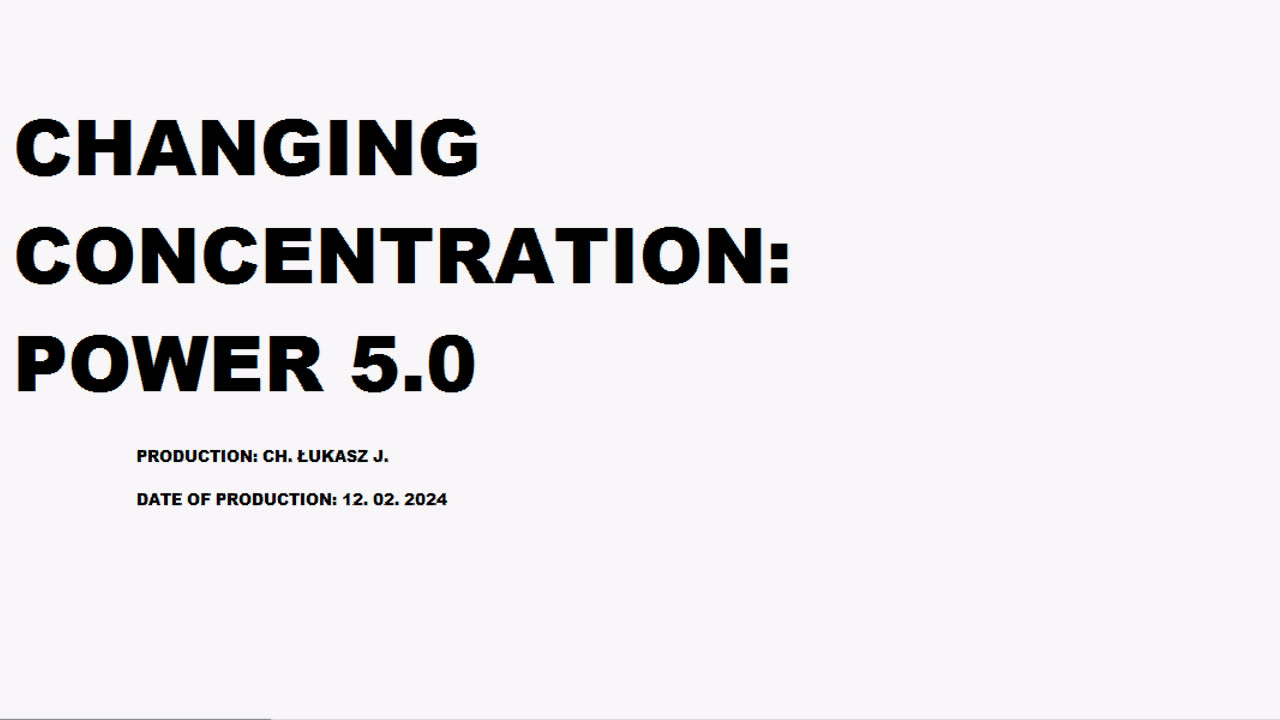
Changing Concentration - POWER 5.0
Special Thanks:
Chazz Palminteri & Nolan North & Wesley Snipes & Sharon Stone & Tony Scott & Sylvester Stallone & Arnold Schwarzenegger & Ridley Scott & Kevin Spacey & James Stewart & Martin Sheen & Susan Sarandon & Donald Sutherland & Jason Statham & Barbara Stanwyck & Meryl Streep & Kiefer Sutherland & Brian Tracy & Donald Trump & John Travolta & Billy Bob Thornton & Uma Thurman & Tara Strong & Peter Ustinov & Jean-Claude Van Damme & Max Von Sydow & Jon Voight & Zendaya & Vince Vaughn & Vangelis & Denzel Washington & Mark Wahlberg & Bruce Willis & John Williams & Robin Williams & Peter Weir & Donnie Wahlberg & Michael York & Sean Young & Burt Young & Billy Zane & Ian Ziering & Robert Zemeckis & Frank Welker & Kari Wahlgren & Robert Wuhl & Forest Whitaker & Debra Winger & Hans Zimmer
The idea of the subconscious as a powerful or potent agency has allowed the term to become prominent in New Age and self-help literature, in which investigating or controlling its supposed knowledge or power is seen as advantageous. In the New Age community, techniques such as autosuggestion and affirmations are believed to harness the power of the subconscious to influence a person's life and real-world outcomes, even curing sickness. Skeptical Inquirer magazine criticized the lack of falsifiability and testability of these claims.[13] Physicist Ali Alousi, for instance, criticized it as unmeasurable and questioned the likelihood that thoughts can affect anything outside the head.[14] In addition, critics have asserted that the evidence provided is usually anecdotal and that, because of the self-selecting nature of the positive reports, as well as the subjective nature of any results, these reports are susceptible to confirmation bias and selection bias.[15]
Psychologists and psychiatrists use the term "unconscious" in traditional practices, where metaphysical and New Age literature, often use the term subconscious.[16] It should not, however, be inferred that the concept of the unconscious and the New Age concept of the subconscious are precisely equivalent, even though they both warrant consideration of mental processes of the brain. Psychologists and psychiatrists take a much more limited view of the capabilities of the unconscious than are represented by New Age depiction of the subconscious. There are a number of methods in use in the contemporary New Age and paranormal communities that affect the latter: Affirmations, Autosuggestion, Binaural beats, Hypnosis, Subliminal message.
Sigmund Freud used the term "subconscious" in 1893[4][5] to describe associations and impulses that are not accessible to consciousness.[6] He later abandoned the term in favor of unconscious, noting the following:
If someone talks of subconsciousness, I cannot tell whether he means the term topographically – to indicate something lying in the mind beneath consciousness – or qualitatively – to indicate another consciousness, a subterranean one, as it were. He is probably not clear about any of it. The only trustworthy antithesis is between conscious and unconscious.[7][5]
In 1896, in Letter 52, Freud introduced the stratification of mental processes, noting that memory-traces are occasionally re-arranged in accordance with new circumstances. In this theory, he differentiated between Wahrnehmungszeichen ("Indication of perception"), Unbewusstsein ("the unconscious") and Vorbewusstsein ("the Preconscious").[6] From this point forward, Freud no longer used the term "subconscious" because, in his opinion, it failed to differentiate whether content and the processing occurred in the unconscious or preconscious mind.[8]
Charles Rycroft explains that the subconscious is a term "never used in psychoanalytic writings".[9] Peter Gay says that the use of the term subconscious where unconscious is meant is "a common and telling mistake";[10] indeed, "when [the term] is employed to say something 'Freudian', it is proof that the writer has not read [their] Freud".[11]
-
 2:03:43
2:03:43
Kim Iversen
5 hours agoTrump’s Triumphant Return: Breaking Down Trump’s Bold 2025 Agenda | The TikTok Ban Backlash: Who Wins, Who Loses?
31.6K33 -
 3:45:23
3:45:23
Benny Johnson
6 hours ago🚨 Watch President Trump FREE January 6th Political Prisoners LIVE Right Now | Stadium ROARS
229K184 -
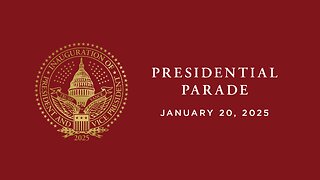 5:19:30
5:19:30
Donald J. Trump
9 hours agoDonald J. Trump Attends the Presidential Parade
542K540 -
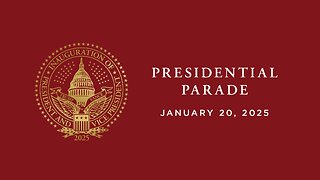 DVR
DVR
GOP
21 hours agoDonald J. Trump Attends the Presidential Parade
254K73 -
 11:51:52
11:51:52
Right Side Broadcasting Network
7 days agoLIVE REPLAY: Inauguration of the 47th President Donald Trump, and Presidential Parade - 1/20/25
1.21M564 -
 4:25:55
4:25:55
Kimberly Guilfoyle
8 hours agoLive Inauguration Day Coverage
146K45 -
 1:06:10
1:06:10
LFA TV
1 day agoThe Return of 45 | TRUMPET DAILY 1.20.25 7pm
64.3K -
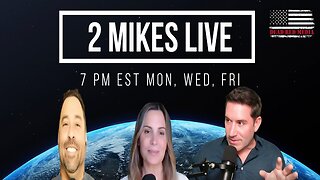 1:50:51
1:50:51
2 MIKES LIVE
4 hours ago2 MIKES LIVE #169 Inauguration Day Special!
32.9K8 -
 1:58:10
1:58:10
Quite Frankly
8 hours ago"The Inauguration Day Call-in Show" 1/20/25
39.6K12 -
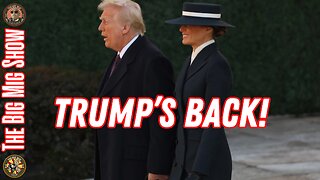 1:13:26
1:13:26
The Big Mig™
5 hours agoTrump’s Back!
38.6K9